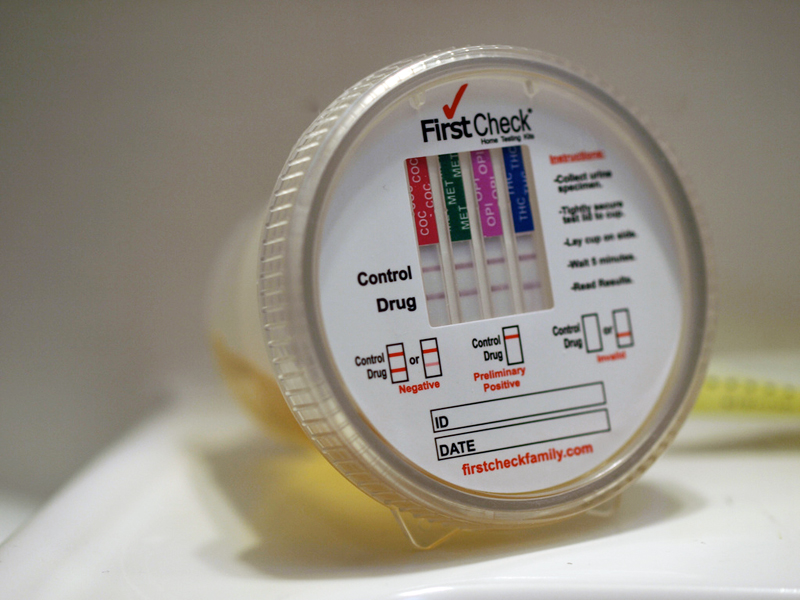
Harris County Probation Department Tackles Unnecessary Drug-Testing Problem
A version of this story ran in the January 2014 issue.
In August 2012, one Houston courtroom played host to a legal drama of Brockovichian proportions. During a routine probation hearing for a man who’d tested positive for illegal drugs, his lawyer, Lisa Andrews, put Harris County’s entire probation department on trial. She called most of the department as witnesses and submitted thousands of subpoenaed emails and documents showing that bad record keeping, human error and poor oversight had allowed test results to get mixed up, costing innocent people their freedom for drug use that never happened.
The judge was livid. She not only dismissed the case against Andrews’ client, but called for the probation department head to resign, which he did.
But some thought the resignation unnecessary. The department was overwhelmed, swamped with 25,000 drug tests a month, and while the crisis was certainly mismanaged—one reporter noted a months-old urine sample sitting at the back of a lukewarm refrigerator—the courts, not the probation department, created the problem.
That’s because forcing people to submit regular urine samples for drug testing isn’t standard for probation. It’s an extra condition, applied at the discretion of the judge, and Houston judges have been applying it. A 2005 report on Harris County from the Justice Management Institute noted that the previous decade had seen a threefold increase in the average number of probationers with extra conditions like urine testing.
So can a mess made by the courts be cleaned up by a new probation director?
Dr. Teresa May is going to try. Soon after her appointment last February, May hired a consultant who found that “many probationers had for years tested negative on hundreds of tests,” the Houston Chronicle reported. Continuing to demand samples from low-risk subjects like these contributed to the department’s heavy drug-testing load, which May has halved since March. Now she’s working with judges to develop a risk-assessment tool to standardize the assignment of extra conditions like urinalysis, substance-abuse programs and mental-health treatment. (Currently, the state evaluates all probationers, but it’s usually after their conditions have been set.)
In doing so, May is finally fulfilling recommendations the Justice Management Institute made to Harris County in 2005. Its report advised the courts to “develop cost-effective common policies concerning when drug testing should be ordered, for what types of drugs, how and by whom the tests should be conducted, what responses should be made to test results, and when (under what circumstances) the drastic step of revoking bond should be taken.”
Such standardization may seem obvious, but actually implementing it is real progress. Perhaps if these steps had been taken back when they were suggested, fewer innocent people would have gone back to jail.


